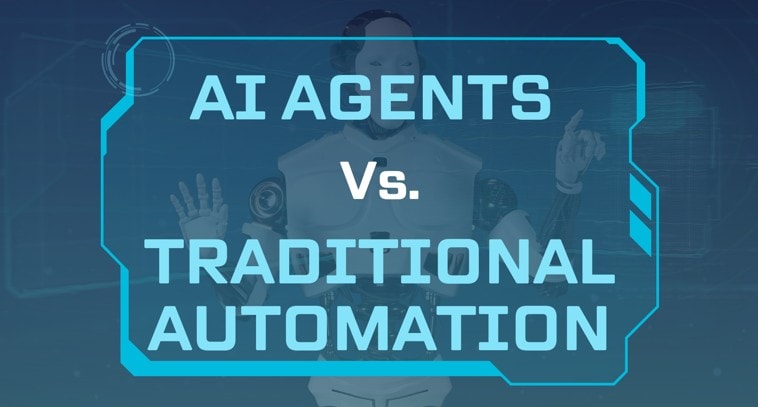Google’s John Mueller discussed the different results experienced after moving domain names for different language versions of a site. He took the same steps for all three sites, yet had substantially different results.
It was a migration towards other domain names under each one’s respective ccTLD: .fr for France, .be for Belgium, and .de for Germany. To that extent, example-1.fr had migrated to example-2.fr, with the same content in different languages for the countries targeted.

While all the sites had an equal integration of the migration process, the results were not exactly similar. Whereas in one site there was a smooth transition, failures were recorded in two other sites and loss of traffic.
The individual seeking information about the issue tweeted:
“Hi @JohnMu,
AlicesGarden (.fr, .be, .de …) migrated to Sweeek (.fr, .be, .de …)
.FR and .BE lost a lot of traffic in Oct. 23
Other TLD performed well.
Redirects, canonical, hreflang, content, offer = OK
Search console migration = OKWhat else could be wrong ?”
Google’s John Mueller explained that each website should be integrated as distinct entities, even if they share similar content assets (albeit in different languages).
You may also like: Google’s Search Liaison Clarifies That Ads Do Not Influence Search Rankings
Mueller’s tweet stated:
“I don’t know your sites, but even if the content’s the same, they’re essentially different sites (especially with ccTLDs), so it would be normal for a migration to affect them differently (and this seems to be quite a way back in the meantime).”
Is Every Site Migration Equal?
What John has observed brings out an important fact: the strong implications of site migrations with how a site connects on the internet in general, and more so with the response from users based on changes in templates or names of domains.
What Could Be Happening?
In the ongoing discussion, someone tweeted to inquire whether AI-generated content was used. The individual who posed the initial question responded with their tweet:
“Yes a bit of AI for short description, mainly in category pages, but nothing which could be deceptive from an end-user perspective.”
Is it possible that two site migrations failed while the third succeeded due to coinciding with an update? Considering the minimal use of AI content, this scenario seems unlikely.
You may also like: Effective guides to successful SEO Migration Strategy
The key point, as highlighted by Mueller, is that each site is unique, leading to naturally varied outcomes.
Would you like to read more about “Google clarifies an unusual outcome in domain migration” related articles? If so, we invite you to take a look at our other tech topics before you leave!
Use our Internet marketing service to help you rank on the first page of SERP.










